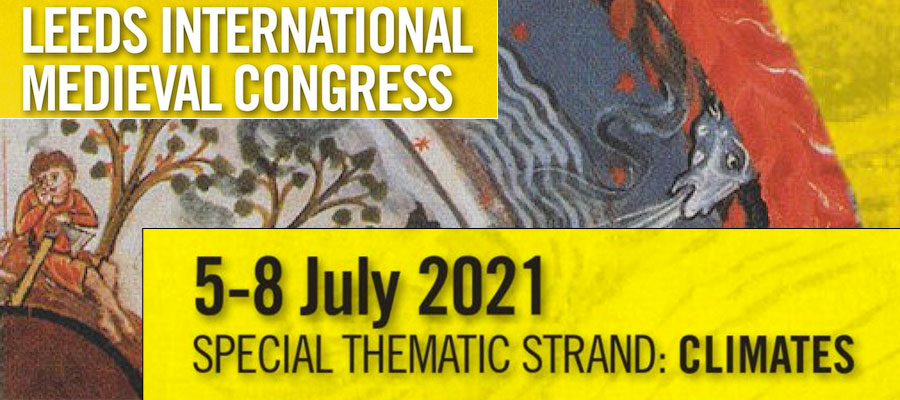Changing Winds and Great Storms: The Dynamics of Speech Communities and Forms of Their Linguistic Self-Expression in the Eastern Mediterranean (324–1204), session at 28th International Medieval Congress, University of Leeds, July 5–8, 2021
Papers are sought for “Changing Winds and Great Storms: The Dynamics of Speech Communities and Forms of Their Linguistic Self-Expression in the Eastern Mediterranean (324-1204),” a series of sponsored sessions.
As the surfaces of stone inscriptions are subject to weather conditions, languages and their speakers experience the winds of history and harshness of the ever-changing political, social, and religious climates. We would like to invite participants to explore how different languages and speech communities withstood (or did not) various transformations that took place in the Eastern Mediterranean in the period from the fourth to the twelfth century.
As a number of recent studies have demonstrated, the shifts in practices and performances of language use in Late Antiquity and the Middle Ages rarely came as a result of an intentional policy from above, but were rather introduced from the bottom-up perspective. While the organized actions on behalf of political authorities may have been indeed lacking, the political climate itself, as well as the dynamics of social relationships, suggested certain opportunistic choices available for local groups, who had to compete for political favors, economic resources, and social prestige and sought to preserve their distinct religious or confessional identities. In this situation, the choice was often made for practical benefits that the language associated with power and authority provided, while the use of other languages was reduced to certain traditional communicative domains (e.g. language of liturgy). We encourage participants to address various aspects of these processes and contribute to the on-going scholarly discussion of this fascinating topic.
We particularly welcome papers on these themes:
- The dynamics of linguistic changes in administration and legal systems, with a particular emphasis on the use of vernacular languages in these domains
- Languages of private communication among friends and family members
- Languages of monumental epigraphy, historical memory, and commemorative practices
- Linguistic abilities of authors, consumers, and target audiences of ancient texts
- The accessibility and costs of interpreting services
- Language choice from the perspective of career and business opportunities
- Language choice and religious or political affiliations
- Language choice in urban centres and peripheries
- Language choice and gender
- Opportunistic choices with regard to languages
Session Organizers
Yuliya Minets (University of Notre Dame and Jacksonville State University)
Paweł Nowakowski (University of Warsaw)
